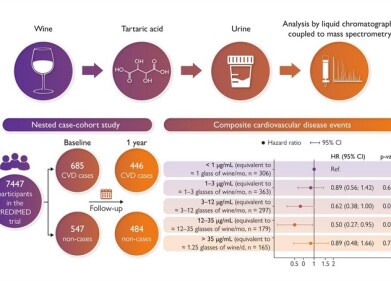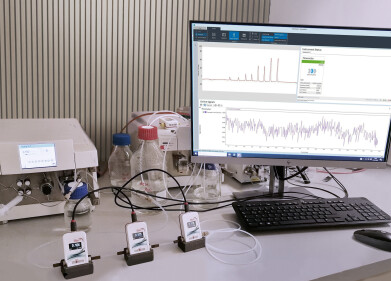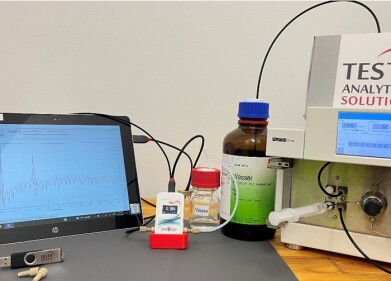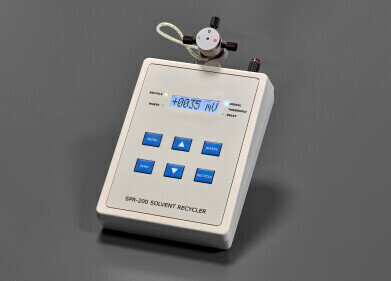Chromatography
The Science of World Cup Penalty Shootouts
Jul 06 2018
England's recent World Cup penalty shootout win against Colombia saw the entire nation explode with excitement. So how did Harry Kane and his boys pull it off? According to physicists, it takes a lot more than just raw talent to secure a penalty shootout win. On the contrary, there's sophisticated science behind pulling off the perfect kick.
First invented in 1891 and later added to the official World Cup rulebook in in 1978, penalty shootouts see an entire match come down to the precision of a handful of strikers and of course, the all-important goal keeper. Prior to the World Cup 2018 tournament just 26 matches had ended with penalty shootouts, with the likelihood of scoring sitting at around 70%. So what's the secret?
The "diving envelope" theory
One of the most important rules dictating World Cup penalty shootouts is that the ball must be kicked twelve yards from the goal net. Place it any closer or further and the odds start to get stacked. Next is an in-depth understanding of speed and direction. When diving for balls travelling at speeds of 80mph a goalkeeper has one-third of a second to pull off a successful save. As this is roughly the same time needed to react, the only chance of saving the penalty is to correctly guess which direction the ball will travel.
University of Bath researchers explored this concept back in 2012 and discovered the existence of a “diving envelope” that allows keepers to cover 70% of the goal area and leaves 30% open. Of course, the catch is that the remaining 30% is harder for strikers to target which means speed and direction are key. World Cup officials threw in a curveball in 1997 when they made it legal for goalkeepers to move along their line and dramatically adjust the range of their diving envelope.
The curse of “ironic errors”
Then comes the players themselves, which opens the sports psychology can of worms. Research from Exeter University suggests that when put under pressure footballers glance at the goal keeper earlier and for a longer period of time, which inevitably causes them to aim more centrally and score just 60% of shots. In comparison, less anxious players tend to ignore the goalie and enjoy a higher success rate of 80%. The aptly named “ironic error” is another big sports psychology concept, theorising that players consistently miss important penalties by subconsciously assessing all possible outcomes - mostly negative - instead of simply focussing on the overall goal of scoring.
From professional athletes to laboratory scientists, respiratory health is always a top priority. For a closer look at how scientists are working to keep laboratories contamination free don't miss 'Monitoring Airborne Molecular Contamination in Indoor Cleanroom Air.'
Digital Edition
Lab Asia 31.6 Dec 2024
December 2024
Chromatography Articles - Sustainable chromatography: Embracing software for greener methods Mass Spectrometry & Spectroscopy Articles - Solving industry challenges for phosphorus containi...
View all digital editions
Events
Jan 22 2025 Tokyo, Japan
Jan 22 2025 Birmingham, UK
Jan 25 2025 San Diego, CA, USA
Jan 27 2025 Dubai, UAE
Jan 29 2025 Tokyo, Japan



















